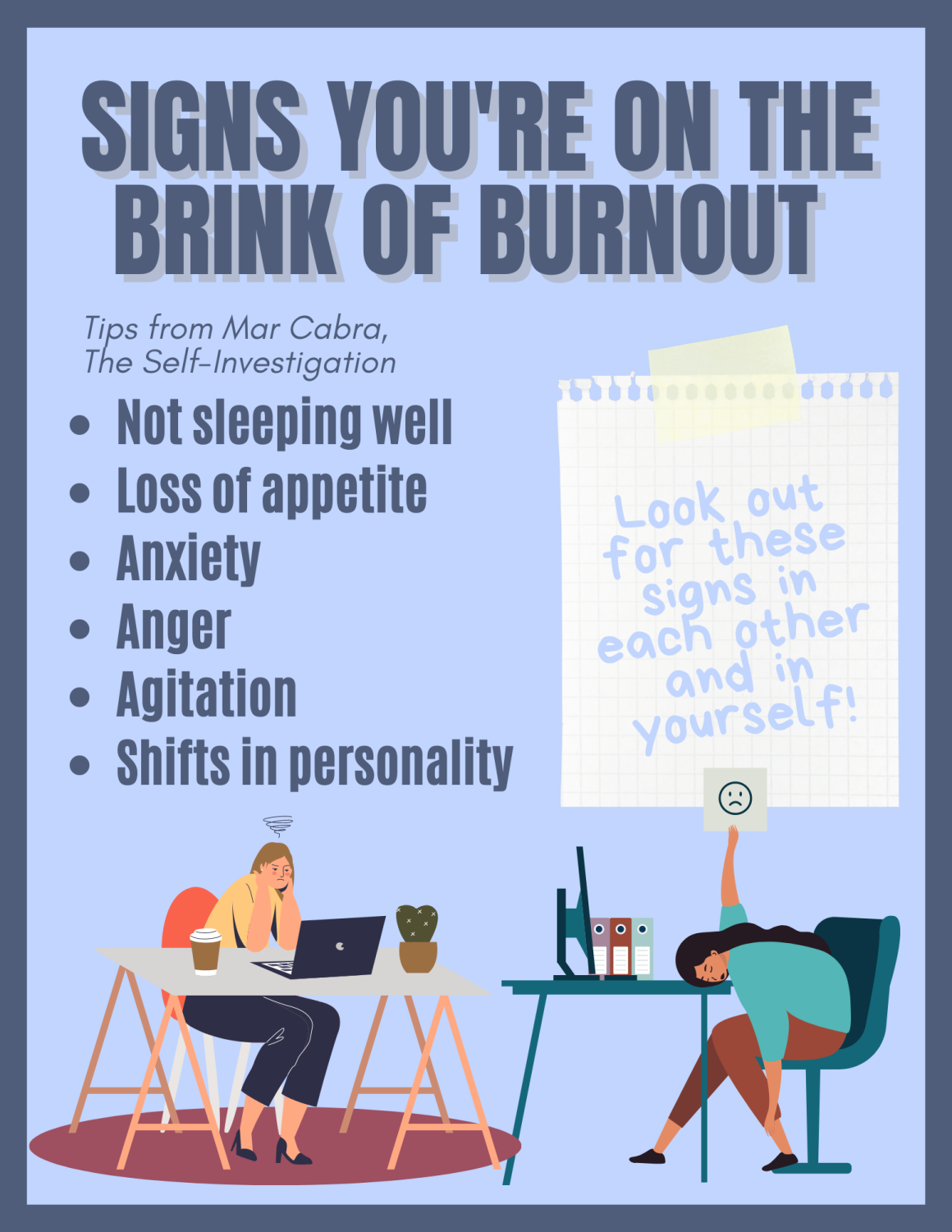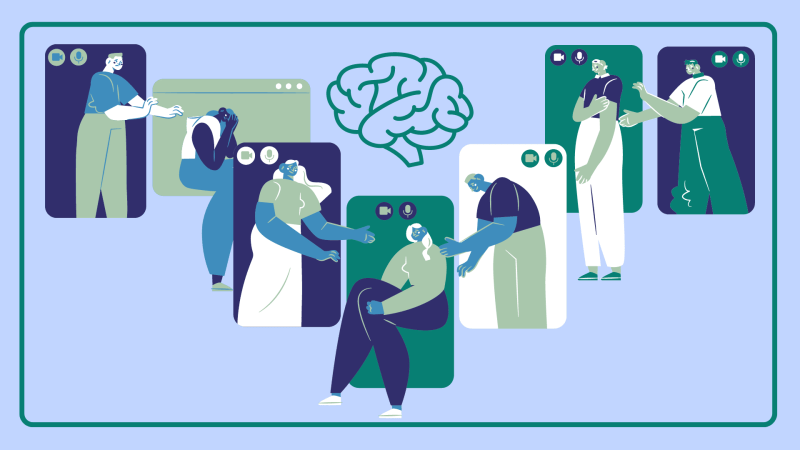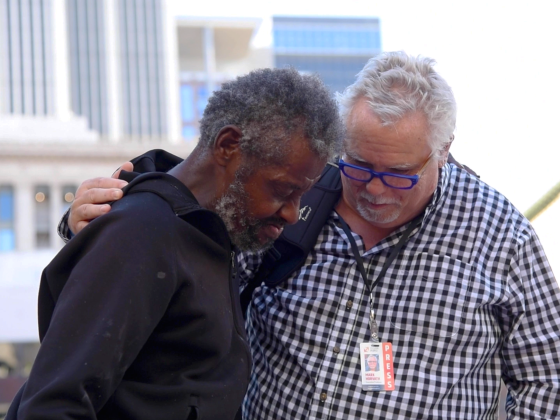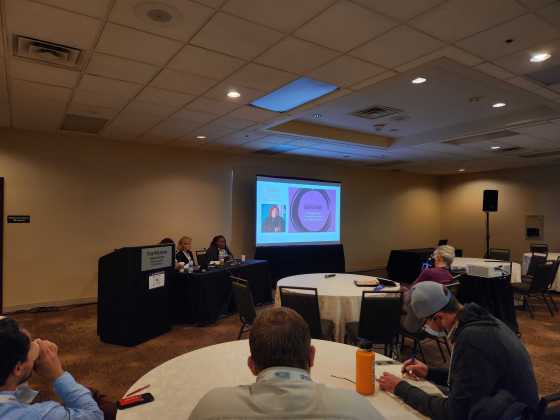Editors, managers and reporters are waking up to the fact that the industry is changing. As millennials and Gen Z are establishing themselves in the workforce, they are challenging outdated beliefs and openly talking about their mental health concerns.
“Mental health has always been a topic among journalists,” said Mar Cabra, a Pulitzer Prize-winning journalist and co-founder of The Self-Investigation, an initiative aiming to improve media professionals’ wellbeing. “It’s just we did not allow ourselves to speak about it because we feared repercussions toward our careers.”
Living through COVID-19, general social unrest and a tumultuous 2020 election, the past few years have been transformative for journalists. Journalists are slowly recognizing the importance of mental health, and the industry’s new generations aim to emphasize its significance.
Journalism is among the most stressful occupations in the world, according to a study by Susana Monteiro, a psychologist and psychotherapist. The profession comes with high expectations, excessive pressure to meet deadlines, long working hours and a difficult work-life balance. Newsrooms have long been aware of these responsibilities, but have been hesitant to openly consider the impact on journalists’ mental wellbeing – talking about it has always been taboo.
Cabra explained that myths centering on job priorities have harmed mental health in the profession. To be a good journalist has, for years, meant being connected all the time, covering traumatizing stories (such as war or natural disasters) and sacrificing holidays, birthdays and anniversaries for the job.
Naseem Miller, a senior health editor at The Journalist’s Resource who speaks to journalists about trauma and trauma-informed reporting, warned about the dangers of this outdated mentality. In the past, journalists have been told to suck it up, move on and cover the story.
“We have learned that this is the kind of behavior that could eventually lead to burnout or behavior such as turning to drugs and alcohol to manage and cope with stress. So maybe it is a new generation that is actually vocalizing the same pressures,” Miller said.
The stress of the job is always there: There is online harassment and newsrooms have shrunk, so each journalist has more responsibilities. Journalists must adopt healthy habits to cope with the stress of the job. Exercising, drinking water, taking breaks and eating healthy are all ways to practice self-care.
“You know all those little things,” Miller said. “But the thing about self-care is that it doesn’t just happen on its own. You have to be intentional about it.”
Cabra also stressed the importance of proper self-care, and hopes newsrooms cultivate better habits.
“We can create newsrooms that take care of their people, where there is a more sustainable culture of care,” she said.
She had several recommendations for newsrooms to cultivate this environment:
- Routine breaks every 90 minutes in which journalists are not on their phones
- Policies so journalists feel safe in speaking up and asking for help
- Training managers to recognize unhealthy practices and signs of burnout
- Integrating an in-house expert on mental health in the newsroom itself
The conversation for better care of journalists’ mental health is long overdue and Cabra emphasized journalists must begin prioritizing themselves. “You are as important as your work,” she said.

Editor’s note: a previous version of this story identified Naseem Miller as a reporter at The Journalist’s Resource. We have updated this story with the correct title of “senior health editor.”







You must be logged in to post a comment.